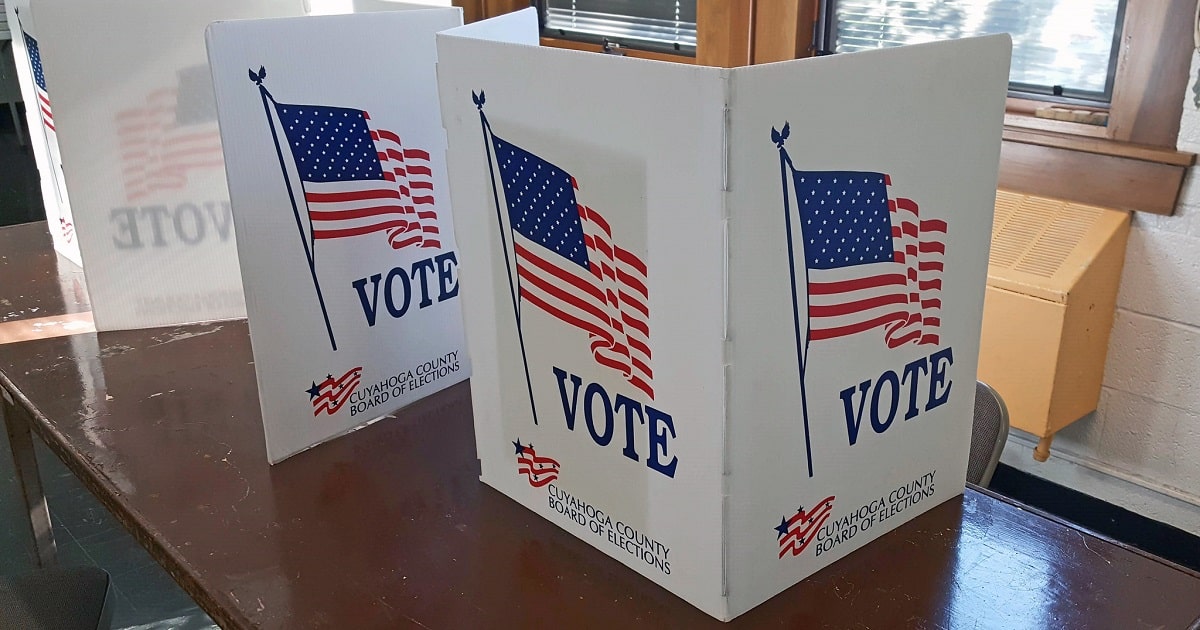




A federal judge just dropped a bombshell on the Justice Department, accusing it of playing fast and loose with high-profile indictments.
Fox News reported that in a fiery hearing that barely lasted an hour, Magistrate Judge William Fitzpatrick of the Eastern District of Virginia tore into the DOJ for what he sees as a rush to charge, particularly in the case of former FBI Director James Comey.
This legal showdown, which unfolded on a recent Wednesday, saw Fitzpatrick grill prosecutors over their handling of evidence from search warrants dating back to 2019 and 2020.
The judge didn’t hold back, raising sharp concerns about whether the government might have peeked at documents potentially shielded by attorney-client privilege.
Fitzpatrick also pointed out the sheer mountain of paperwork involved, noting that Comey’s defense team is scrambling to catch up while the government has had access to these files for over five years.
“The government has had this for five and a half years … this is an unfair burden the government is placing on the defense, but I don’t see another path forward,” Fitzpatrick said, laying bare the lopsided playing field.
Comey’s legal team isn’t sitting quietly—they’ve pushed hard to dismiss the case, arguing he’s been singled out for prosecution under pressure from President Donald Trump.
The former FBI chief was arraigned on Oct. 8, 2025, in Virginia, a moment captured in a stark courtroom sketch, marking the latest chapter in this contentious saga.
Adding fuel to the fire, Comey’s lawyers claim Trump’s influence looms large over the DOJ’s decision to bring charges, pointing to public statements from the president as evidence of bias.
Specifically, they’ve highlighted a September post on Truth Social where Trump urged U.S. Attorney General Pam Bondi to go after political figures, including Comey, alongside Sen. Adam Schiff, D-Calif., and New York Attorney General Letitia James.
The DOJ, however, pushed back in a detailed 48-page filing, insisting that Trump’s online comments had no bearing on their decision to prosecute.
“These posts reflect the President’s view that the defendant has committed crimes that should be met with prosecution. They may even suggest that the President disfavors the defendant,” the DOJ prosecutors argued, before adding a sharp rebuttal (DOJ prosecutors).
“But they are not direct evidence of a vindictive motive,” the prosecutors continued, dismissing the defense’s narrative as speculative and lacking concrete proof.
While the DOJ may claim independence, one can’t help but wonder if the timing and tone of such public statements from the highest office cast a shadow over the integrity of this process—after all, perception matters in a nation hungry for fair justice.
At the heart of this clash lies a broader question: Is the DOJ truly operating above political currents, or has the system tilted toward a “charge now, figure it out later” mindset, as Judge Fitzpatrick so pointedly suggested?
This case, with its mix of legal nuance and political theater, is a stark reminder that trust in our institutions must be earned, not assumed, especially when the stakes are this high.



